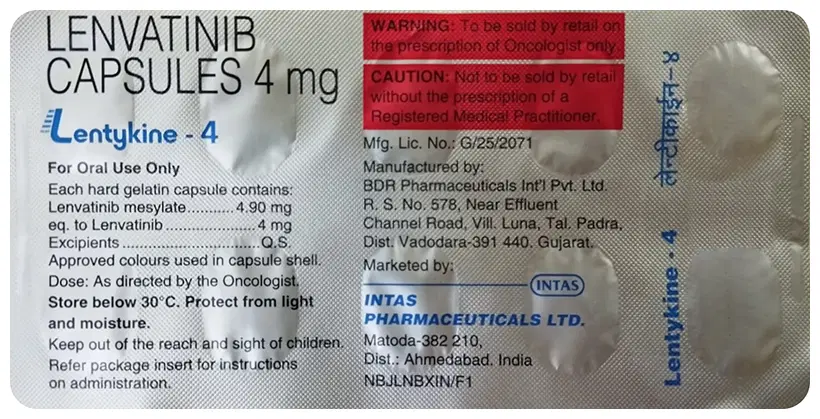Kidney cancer
Kidney cancer, also known as renal cell carcinoma, is a type of cancer that originates in the lining of the tubules within the kidneys. It is the most common type of kidney cancer, accounting for about 90% of all cases. Kidney cancer is more prevalent in men than in women, and the risk of developing the disease increases with age.
Symptoms of kidney cancer may include blood in the urine, persistent lower back pain, a mass or lump in the abdomen, unexplained weight loss, and fatigue. However, in the early stages, kidney cancer often does not cause any noticeable symptoms, which is why regular screenings and check-ups are essential for early detection and treatment.
Treatment for kidney cancer typically involves a combination of surgery, radiation therapy, and targeted drug therapy. The specific treatment plan depends on the stage of the cancer, the patient’s overall health, and other individual factors.
Surgery is the most common treatment for kidney cancer and may involve partial or complete removal of the kidney, depending on the extent of the cancer. Radiation therapy uses high-energy rays to kill cancer cells and may be used before or after surgery to target any remaining cancer cells. Targeted drug therapy uses medications to target specific proteins or genes that promote the growth of cancer cells, helping to slow or stop their growth.
Medications commonly used to treat kidney cancer include:
Tyrosine kinase inhibitors (TKIs): These drugs block the enzyme tyrosine kinase, which helps cancer cells grow and divide. Examples of TKIs include sunitinib (Sutent), sorafenib (Nexavar), pazopanib (Votrient), and axitinib (Inlyta).
Immune checkpoint inhibitors: These drugs work by helping the immune system recognize and attack cancer cells. Examples of immune checkpoint inhibitors include nivolumab (Opdivo), pembrolizumab (Keytruda), and ipilimumab (Yervoy).
Vascular endothelial growth factor (VEGF) inhibitors: These drugs block the growth of blood vessels that supply cancer cells, starving them of nutrients and oxygen. Examples of VEGF inhibitors include bevacizumab (Avastin) and ramucirumab (Cyramza).
Consult with a healthcare professional to determine the most appropriate treatment plan for kidney cancer. Regular follow-up appointments and screenings are crucial to monitor the progress of the disease and ensure the best possible outcome for the patient.

Showing 1–12 of 75 results
Showing 1–12 of 75 results








